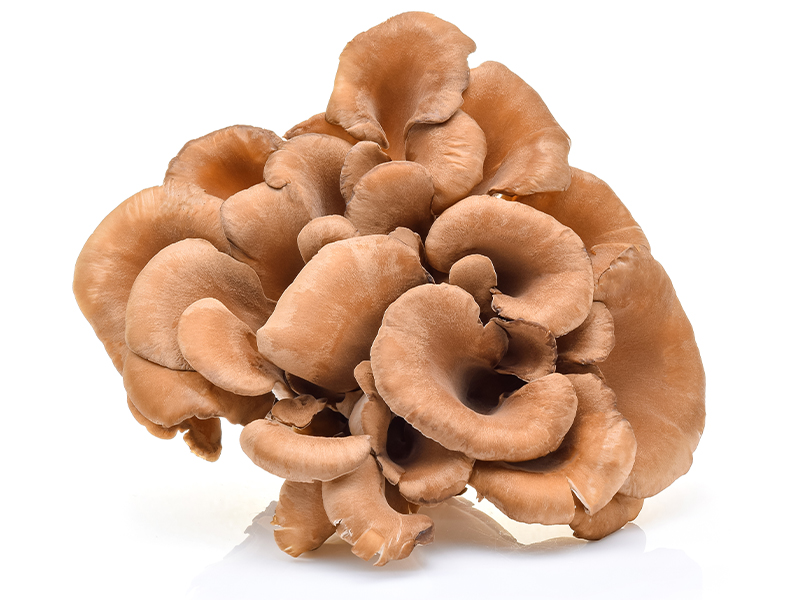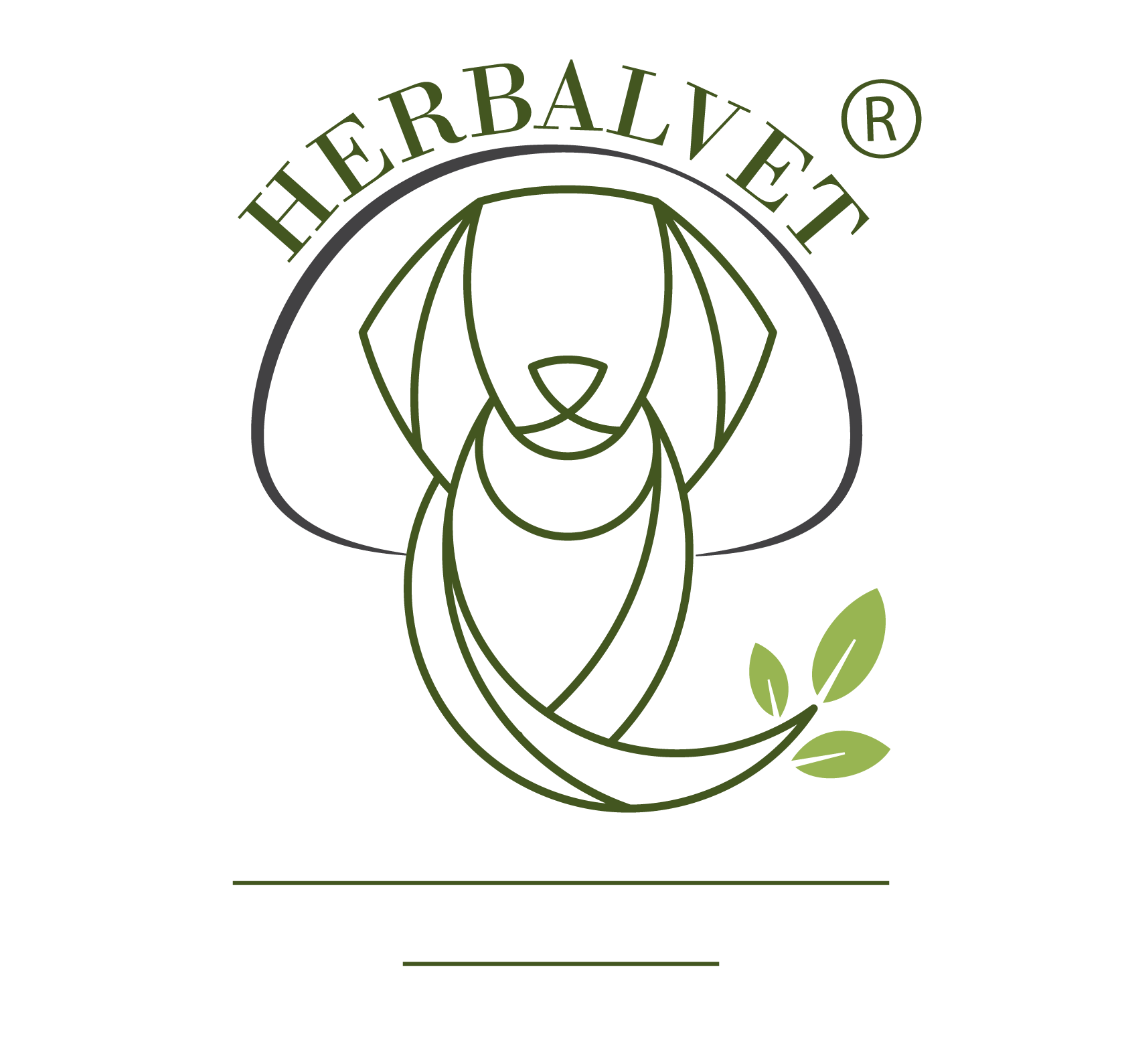
A new trend in some restaurants, the ‘Hen of the Woods’ is not a poultry dish, but a mushroom called maitake, which grows mainly on the stumps of oak, elm and maple trees. It is one of the most delicious and useful mushrooms. Mushrooms contain vitamins B, C and D, amino acids, macro- and microelements and are a rich source of fibre. Many studies confirm its anti-tumour and restorative effects on the weakened immune system. Its high antioxidant capacity is mainly due to its polysaccharide components.
Not only beta-glucans but also fructo-oligo-saccharides (FOS) oligofructose, polydextrose, dextrin and lactulose all play a role in the immunostimulant effect. Some of them cannot be absorbed, yet they exert their immunomodulatory effects by modulating the gut microflora. Maitake has been studied to increase the number of macrophages, natural killer cells and cytotoxic T cells, thus exerting its anti-tumour effects.
It helps to reduce the side effects of chemotherapy.

It is often used in the following conditions in pets:
- Immunodeficiency
- Tumours, and the side effects of chemotherapy
- Blood pressure, and blood sugar problems,
- Infections
- Liver, and pancreatic diseases
- Intestinal problems
The mention of areas that seem distant from each other, independent of each other, shows that, like medicinal mushrooms in general, it has a robust effect on the whole body as a functioning whole. It is important to emphasise that it does this in synergy with other medicinal mushrooms, i.e. by reinforcing each other’s effects. One of the ingredients in Tumor, Obese and Metabolic is Maitake. Unfortunately, there are few treatments for immune deficiency in so-called Western veterinary medicine. Pets with malignant tumours are often given chemotherapy. A human scientific experiment has shown that Maitake mushroom owes its outstanding antitumour activity to a polysaccharide in the d fraction, mainly used for lung, liver, prostate, and breast tumours. It became popular by reducing the side effects of pain, hair loss and nausea caused by chemotherapy. Also in human trials, a chemotherapy drug called Mitomycin and Maitake mushroom alone were 45-60% effective against cancer, while when used together, the effectiveness was 90%!
Pets undergoing chemotherapy and immunocompromised pets can also benefit from these mushroom mixtures. In addition to reducing side effects, they lead to a rapid return of vitality.
In diabetic dogs, especially those on insulin therapy, extra caution is needed because the drug may work too well and cause insulin levels to be too low, which is of course undesirable.
Start with fractional doses, gradually build up the medicinal mushroom therapy and then reduce and eventually stop insulin supplementation with continuous insulin monitoring.
